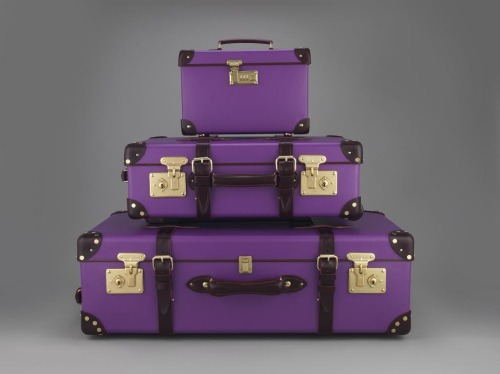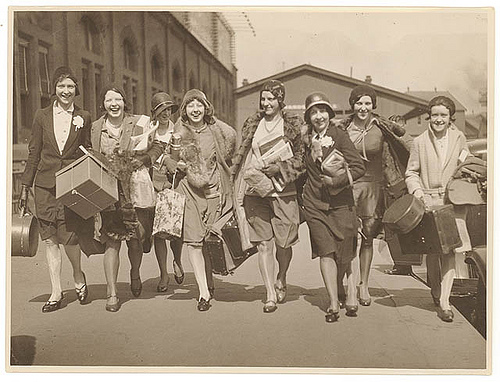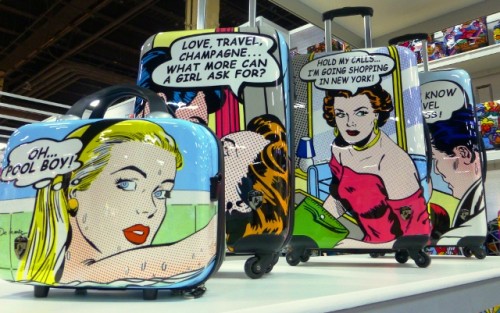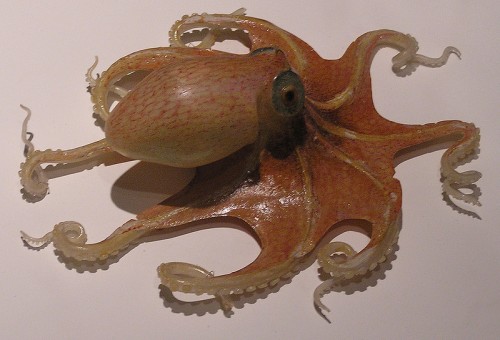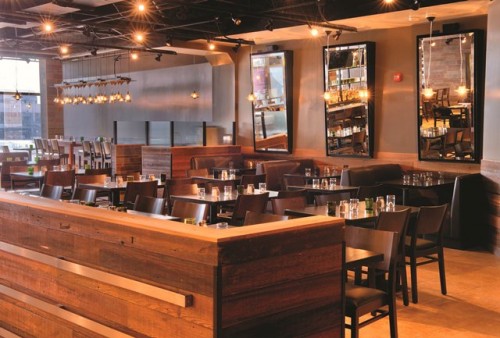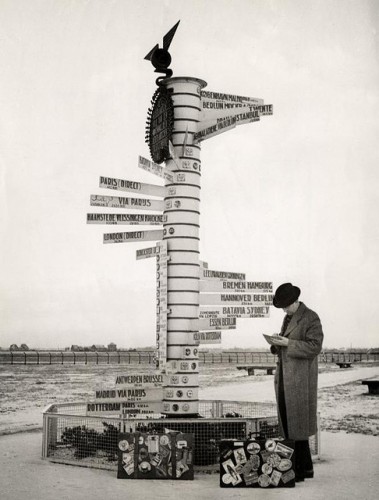Go ahead, check that bag.
On many airlines it may cost you a fee, but the good news is that airlines and airports are getting better at getting your bag to its destination.
According to the SITA Baggage Report 2017, in 2016 the rate of mishandled bags was 5.73 bags per thousand passengers. That’s down 12.25 percent from the previous year and is the lowest ever recorded.
This, despite a spike in the number of passengers, which last year hit an all-time high of 3.77 billion.
According to SITA, since 2007, the rate of mishandled baggage worldwide has fallen 70 percent, due to investment in technologies and processing improvements by both airlines and airports.
SITA promises more improvements over the next 18 months as the majority of the world’s airlines (those that belong to IATA, the International Air Transport Association) have adopted a resolution requiring every piece of checked baggage to be tracked along its journey by June 2018.
“We are on the brink of a new era in airline baggage management because the world’s airlines are committing to track baggage throughout its journey,” said Ilya Gutlin, SITA President, Air Travel Solutions in the report, “This requires data capture, management and sharing across airlines, airports and ground handlers giving a better view of where each piece of luggage is at every stage.”
Once IATA Resolution 753 becomes the accepted rule in June 2018, every bag must be tracked and recorded at four mandatory points: at check-in; aircraft loading; at transfer between carriers; and on arrival as the bag is delivered back to the passenger.
When that system is in place, says IATA, airlines will be able to share the information with their passengers and code share partners allowing them to track their bag, just like a parcel.
Mishandled baggage isn’t just a bummer for passengers. Wayward bags cost airlines money.
SITA’s report shows that in 2016 airlines spent $2.1 billion on recovering and reuniting passengers with their bags.
